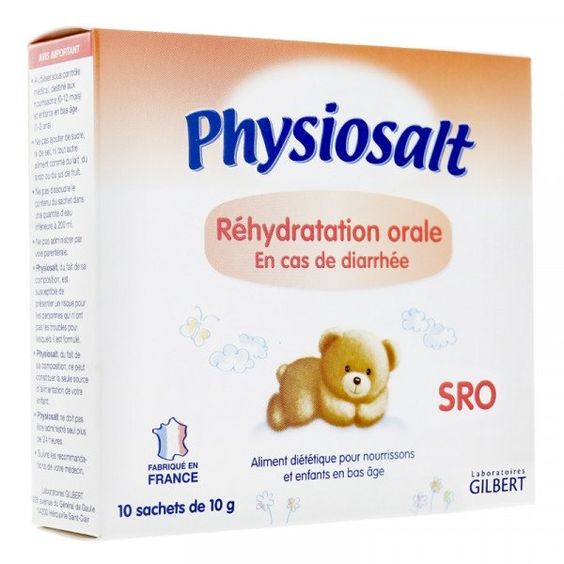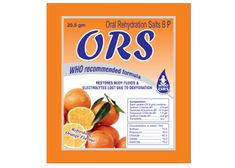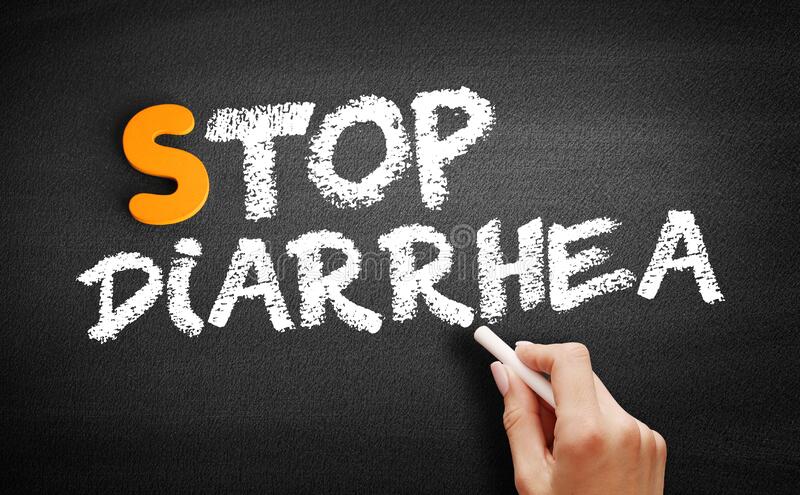What are Oral rehydration salts?
Oral Rehydration Salts (ORS) are given to the diarrheal patients to save them from dehydration of water and salts. These ORS replace the lost salts and water from the body to reduce the chances of dehydration. So they don’t treat diarrhea itself.
Oral rehydration salts brands

Common ORS brand names are:
- Dioralyte
- Dioralyte Relief
- Electrolade
Indications
Oral rehydration salts (ORS) from Physiosalt is a dietary food for infants and young children. It is suitable for oral rehydration in cases of diarrhea or gastroenteritis.
Characteristics of oral rehydration salts

ORS Physiosalt allows the baby to replace the loss of water in the stool and electrolytes by the presence of a hydro-glucido-electrolyte solution. Mixed sugaring ensures better osmosis in the enterocytes. The child’s condition improves rapidly.
It is an oral solution for babies from 0 to 12 months and children from 1 to 3 years old.
See Also: What Are The Benefits Of Generic Medicine ?
Usage tips
- Consult a doctor first before use.
- It can be used at the first sign of diarrhea or dehydration.
- It is important to give it every 15 to 20 minutes or so.
- Use a teaspoon if the baby refuses the bottle.
- If breastfeeding, temporarily suspend infant milk. Re-feed the baby between 4 to 6 hours after oral rehydration with milk suitable for diarrheal episodes.
Precautions for use / Contraindications
- Carefully respect the following recommendations for the health of your baby.
- Always wash your hands before preparing the bottle.
- To be used with mineral water or spring water suitable for infants.
- Preparation for one bottle at a time and to be given immediately.
- The rest of the unfinished bottle is to be thrown away and not reused.
- To put it in a cool and dry place.
Composition of ORS
Maltodextrins; anhydrous glucose; trisodium citrate; potassium bicarbonate; sodium chloride; sodium bicarbonate.
Read Also: Finding Weight Loss Meal Plans That Work



